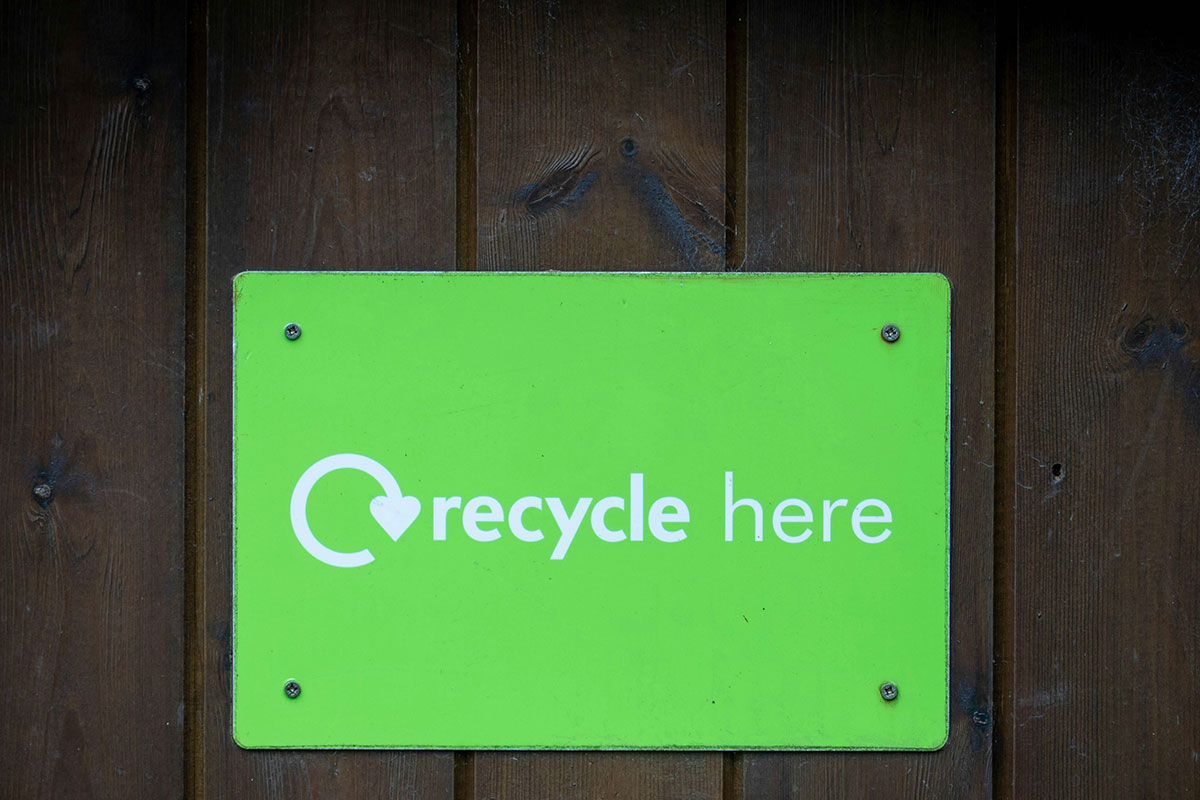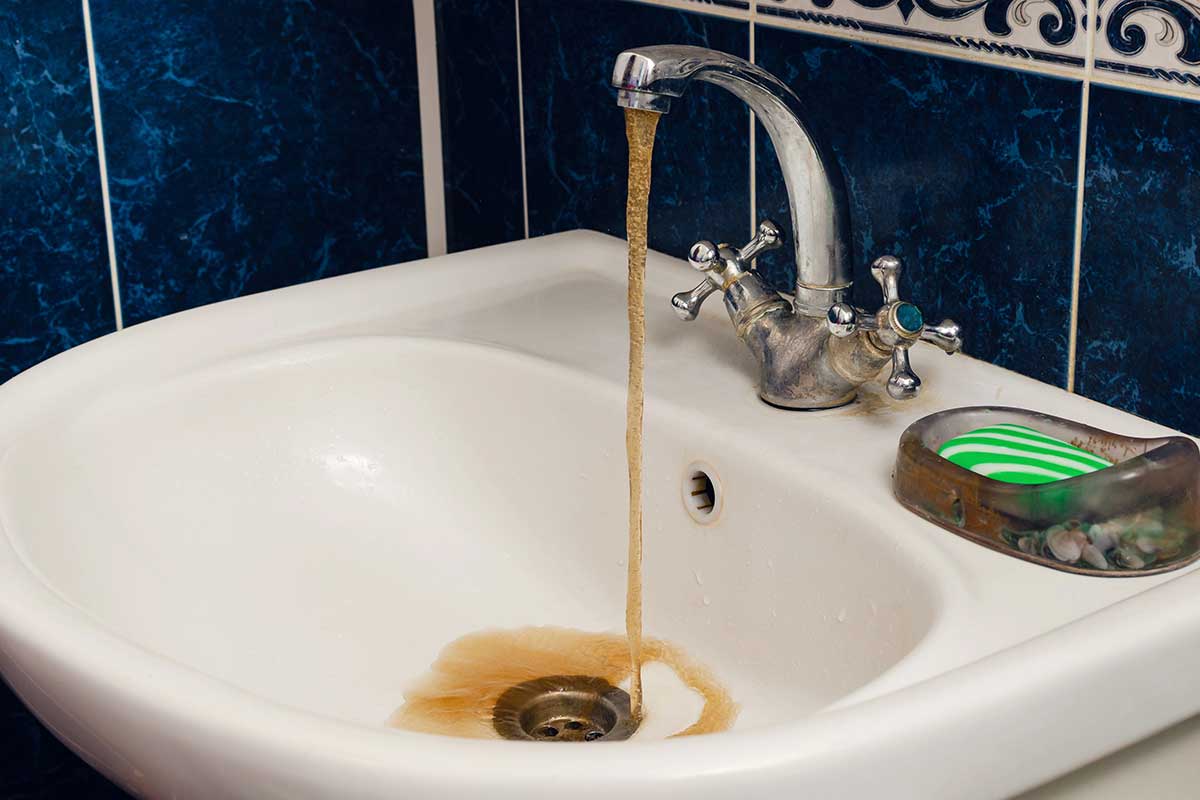Energy Savers Week: Why UK Homes Are Losing Heat – and Money
Energy Savers Week: Why UK Homes Are Losing Heat – and Money
On a cold winter morning in Essex, the heating clicks on earlier than usual. The house still feels chilly, the windows mist over, and you make a mental note to “check the boiler one day.” When the energy bill lands a week later, that nagging thought turns into frustration. This is exactly the kind of everyday story that Energy Savers Week was created for – helping households understand where energy (and money) is being wasted, and what can realistically be done about it.
For many homeowners, the issue isn’t just rising prices. It’s hidden inefficiencies, ageing systems, and the stress of not knowing where to start.

What Is Energy Savers Week – and Why It Matters
Energy Savers Week is a national campaign designed to raise awareness of energy efficiency, fuel poverty, and practical ways households can reduce energy use. With millions of UK homes built before modern efficiency standards, the campaign highlights a growing problem: homes that are expensive to heat, uncomfortable to live in, and increasingly costly to maintain.
According to the Energy Saving Trust, around 35% of heat loss in an uninsulated home escapes through walls, while 25% is lost through the roof. These losses don’t just affect your wallet – they impact comfort, health, and peace of mind.
The Real Problems Behind Energy Waste in UK Homes
Rising energy costs grab the headlines, but the real issues often sit quietly behind the scenes.
Older Properties and Hidden Heat Loss
Much of North Essex and South Suffolk housing stock was built decades ago. Solid walls, ageing loft insulation, draughty doors, and single-glazed windows all contribute to energy escaping faster than your heating system can replace it.
Inefficient Boilers and Controls
The Ofgem reports that heating accounts for around 55% of the average UK household’s energy use. Older boilers or poorly set controls can waste hundreds of pounds a year without homeowners realising.
The Human Cost
Cold homes are linked to increased respiratory illness, stress, and poor sleep. The NHS has repeatedly highlighted the impact of cold housing on physical and mental health, especially for families with young children or older residents. Energy inefficiency isn’t just technical – it’s personal.
Energy Savers Week and the Opportunity to Take Control
Energy Savers Week: Small Fixes, Big Wins
During Energy Savers Week, the focus is on achievable improvements. Simple actions like sealing draughts, servicing boilers, fixing faulty radiators, or improving insulation can reduce energy bills by hundreds of pounds per year, according to the Energy Saving Trust.
Where Professional Help Makes the Difference
This is where Infinity Home Services can support homeowners. Rather than juggling multiple trades or guessing what’s wrong, local homeowners can rely on one coordinated service to identify and resolve common energy-related issues – from heating faults to insulation-related repairs – all handled through a single helpdesk.
Based in North Essex and South Suffolk, Infinity Home Services understands the realities of local housing and connects homeowners with vetted professionals who can make homes warmer, safer, and more efficient without unnecessary disruption.
Taking the Next Step This Energy Savers Week
Energy Savers Week is a reminder that energy efficiency isn’t about drastic lifestyle changes – it’s about fixing what’s quietly costing you money every day. Whether it’s a boiler that’s overdue a service, a home that never quite warms up, or repairs you’ve been putting off, taking action now can pay dividends for years to come.
If your home feels colder than it should or your energy bills keep creeping up, now is the time to act. Call Infinity Home Services today on 0800 148 8088 or use our contact form below to get expert help from trusted local professionals – how much could you save by making your home work better for you?




